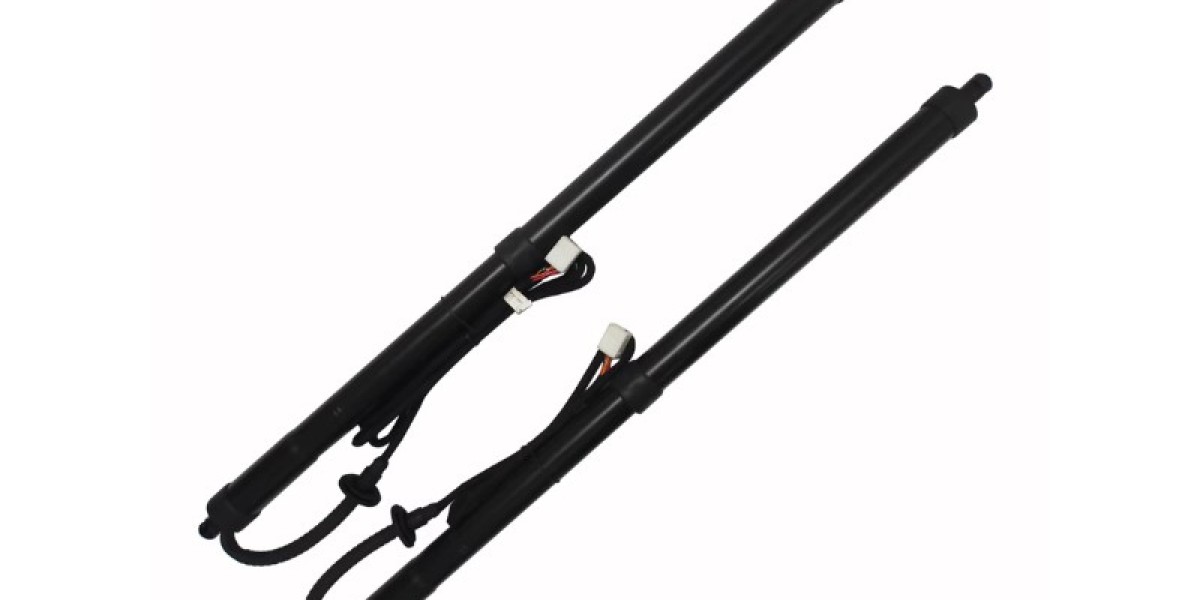The United Arab Emirates (UAE) has a dynamic and fast-evolving staffing industry that plays a crucial role in supporting businesses across various sectors. Connect Staff UAE is at the forefront of providing staffing solutions while ensuring compliance with the UAE’s stringent labor laws and regulations. Navigating the regulatory landscape is essential for staffing firms to operate legally and efficiently while safeguarding both client and employee interests.
Licensing and Registration Requirements
One of the fundamental aspects of operating a staffing agency in the UAE is obtaining the necessary licensing and registration. The Ministry of Human Resources and Emiratisation (MOHRE) mandates that staffing companies acquire the appropriate licenses to provide recruitment and temporary staffing services. This includes financial guarantees and adherence to specific legal frameworks designed to ensure ethical employment practices. Failure to obtain the required permits can result in heavy fines, business restrictions, or even license revocation.
Compliance with UAE Labour Laws
The UAE’s Federal Decree-Law No. 33 of 2021 governs employment relationships in the private sector. Staffing agencies must ensure that employment contracts align with this law, covering aspects such as contract duration, wages, benefits, working hours, and termination procedures. Ensuring compliance with labor laws helps agencies avoid disputes, penalties, and legal complications.
Visa and Work Permit Regulations
Expatriates make up a significant portion of the UAE’s workforce, and staffing agencies must comply with visa and work permit regulations. Companies are responsible for obtaining and renewing work permits and residence visas for their employees. Any violations, such as hiring individuals without valid documentation, can lead to severe financial and legal repercussions.
Wage Protection System (WPS)
The UAE government has implemented the Wage Protection System (WPS) to ensure timely and accurate salary payments. All staffing agencies must process employee salaries through this electronic system to comply with MOHRE regulations. Adhering to WPS not only ensures compliance but also fosters trust among employees and reduces wage-related disputes.
Health and Safety Regulations
Staffing firms must also adhere to strict occupational health and safety regulations. Employers are required to provide workers with safe working conditions, adequate training, and necessary protective gear. Failure to comply with safety standards can result in legal action and damage to the agency’s reputation.
Challenges Faced by Temporary Staffing Agencies in Dubai
Temporary staffing agencies in Dubai must navigate various compliance challenges, including adapting to rapid regulatory changes, maintaining up-to-date labor contracts, and ensuring fair treatment of temporary workers. These agencies must stay informed about legal updates and implement best practices to mitigate risks and ensure smooth operations.
Conclusion
Navigating the regulatory landscape in UAE staffing is complex, but agencies like ConnectStaff ensure strict compliance with labor laws and industry regulations. By obtaining the necessary licenses, adhering to employment laws, complying with visa regulations, and implementing the WPS, staffing firms can operate successfully while maintaining trust with clients and employees. As the UAE’s labor market continues to evolve, staying updated on legal requirements is crucial for long-term success.








